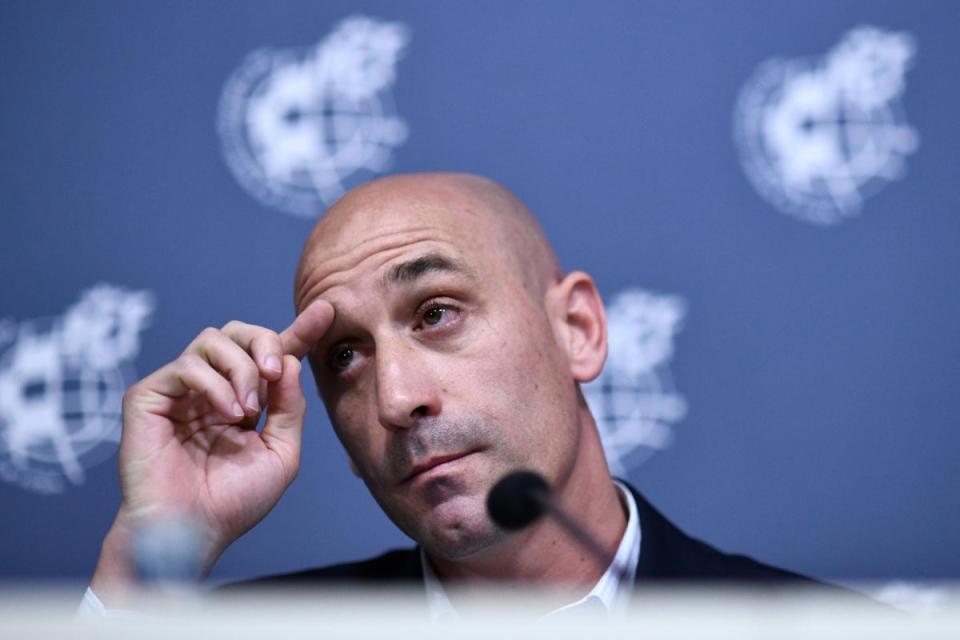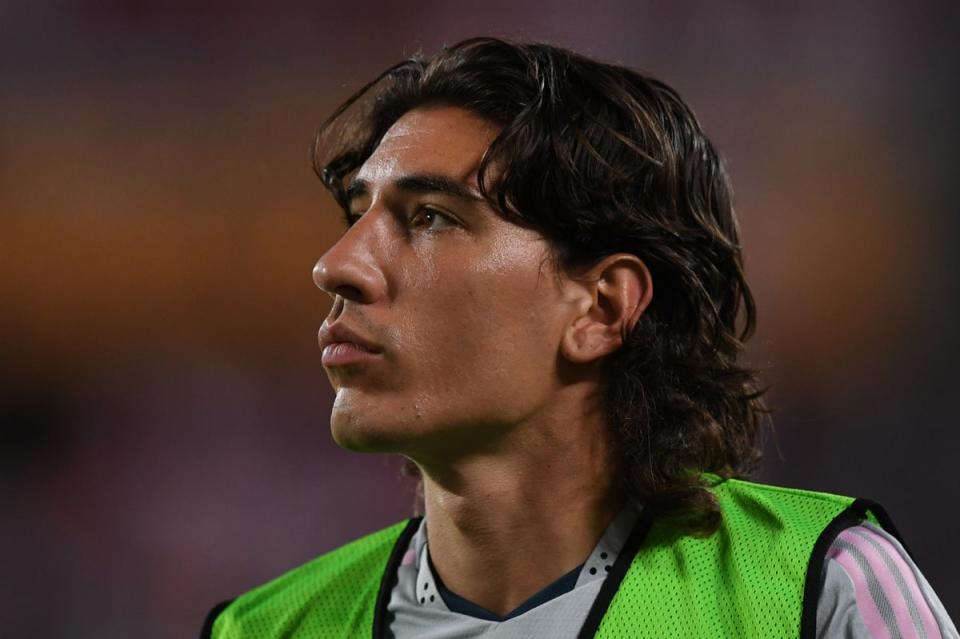Claire Rafferty column: Luis Rubiales scandal highlights football governs itself - this must be turning point

When Luis Rubiales grabbed Jenni Hermoso and planted a kiss on her lips during Spain’s World Cup celebrations, my jaw dropped in shock and horror.
I’ve heard people argue that taken in isolation the kiss was an emotional response in the heat of the moment but I don’t buy it, particularly given the context of the power struggle between the Spain players and their federation (RFEF). The fact that Rubiales, the federation president, felt he could touch Jenni, grab her and kiss her in that way spoke volumes. He needs to go. He needs to be sacked.
The response from Rubiales and the federation has been both shocking and unsurprising. RFEF has long silenced the Spain squad, removing power and autonomy from the players and handing it to Jorge Vilda, the coach.
It was telling to see the squad refusing to celebrate with him or his coaching staff on the pitch in Sydney, not for the first time, and they deserve enormous credit for beating the Lionesses to win a first World Cup in such difficult circumstances.
The way RFEF have attempted to gag and gaslight Hermoso in the last 10 days is a dynamic I have seen repeatedly in football. Too often, women in the game can’t have an opinion. You have to follow the crowd and if you step out of line, you’re at risk. It’s surprisingly common and often comes down to the way organisations are governed from the top down.
I’ve been silenced quite a few times in my career — literally felt unable to say how I felt for fear of being ostracised. That’s so often the risk if you do speak up, that you’ll either be dropped from the team or removed from the organisation altogether.
I’ve been on the receiving end of inappropriate remarks. I stayed silent at the time because I was fearful of the consequences for my career.
Twelve of the 15 Spanish players who resigned in protest at Vilda’s management last year were not selected for the World Cup, so paid the ultimate price for standing up for what was right. That is one of the best possible examples of the potential risks to your playing career of speaking out.
Considering what is at stake, I have enormous respect for Hermoso. She’s been incredibly brave and it had to be done for the women in the game everywhere. She couldn’t let that slip, such a public assault couldn’t be brushed under the carpet.
I’d like to see more allies speaking up, though. There’s been huge support from within the women’s game — the Lionesses standing with Jenni in their collective statement, for example — but I’d have liked to see more male players speak out. I know former Arsenal defender Hector Bellerin has been supportive, for example, but I think not saying anything makes you complicit in the abuse of power.
I hope the scandal could be a turning point for football — I’ve heard it described as the game’s #MeToo moment — but misogyny is a problem for wider society as well. It’s far too normalised and I think social media has made it worse. When everyone has a voice, they too often use it in negative ways.

The game will inevitably continue to change, partly because this scandal has been so visible, but misogyny is deep-rooted in society so the change has to come from outside football as well as from within.
The scandal has highlighted that football almost governs itself and clearly there needs to be more focus on how behaviours are monitored and who’s responsible for setting standards.
There hasn’t been nearly enough leadership in the game in support of Hermoso and the players in the last 10 days. The Spanish government has intervened but everyone in football appears to be leaving it to RFEF to govern themselves. Uefa, who are still to comment, are an absolute joke.
They should be taking a stand to protect the players. As for the English national game, we’ve seen huge changes over the last few years but there is still more work to do towards equality. There is strong leadership at the Football Association, mainly through Baroness Sue Campbell, the FA’s director of women’s football, and I think it has improved dramatically since I started playing professionally.
The English game can still do better but the players now have a voice, they know they can be themselves and I think that’s key.
In the end, change comes down to people, and the leaders organisations employ. Some institutions, like RFEF, are unable to see they need to change and I think the Rubiales scandal has highlighted that. Change in the game needs to come from decision-makers and from the top down.
Claire Rafferty is a former England and Chelsea defender who represented Team GB at the London Olympics in 2012.
